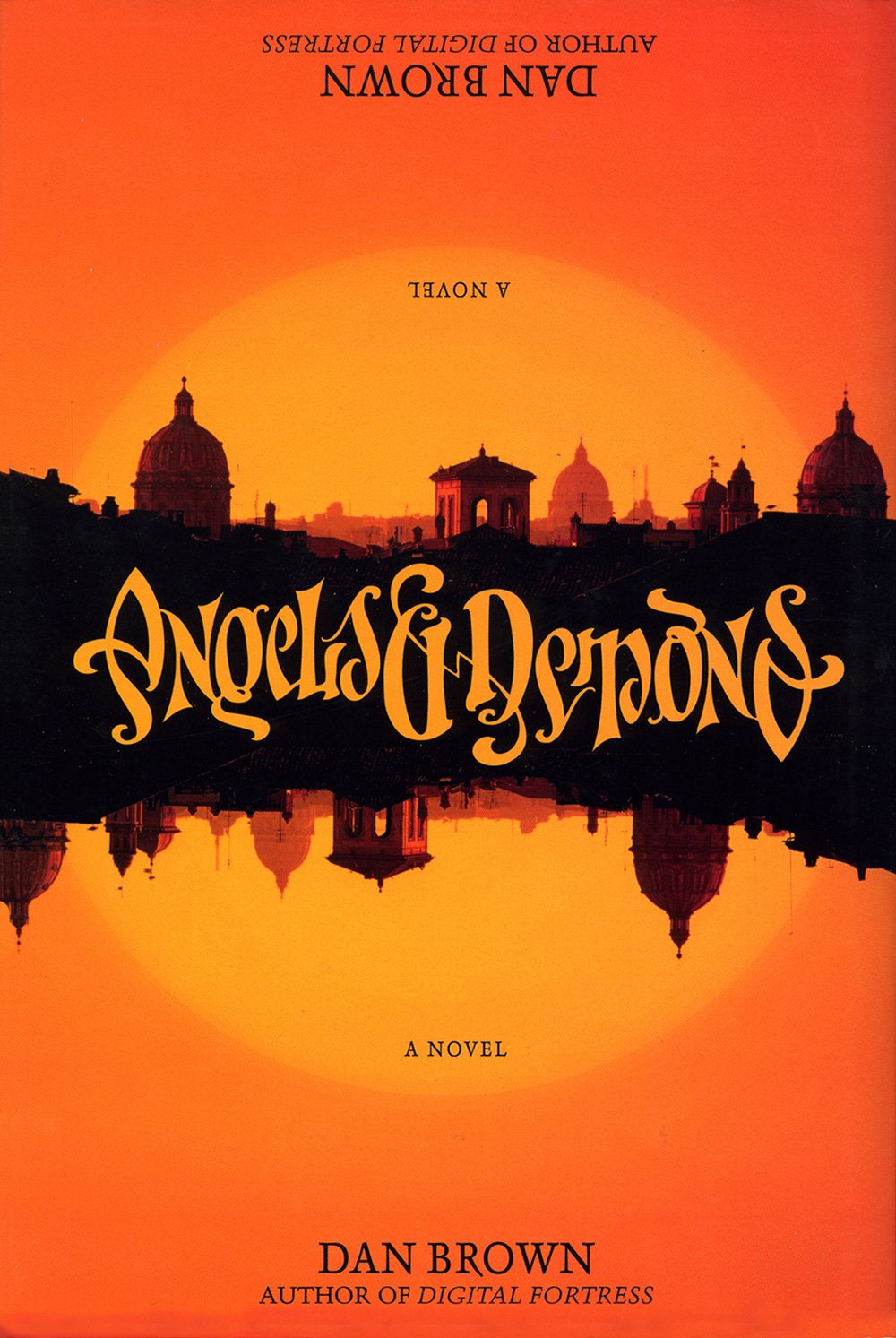Despite sounding like a medical complaint, recalcitrant is an adjective (AKA a describing word) for someone or something that stubbornly refuses to follow rules or instructions, while also being a dick about it. Think stroppy teenagers, Donald Trump or my dog*.
Recalcitrant’s angry roots are Latin, from ‘recalcitrare’, which is a combo of ‘re-’ (meaning ‘back’ or ‘again’, as in ‘return’, ‘recall’ and ‘recover’) and ‘calcitrare’, which means ‘to kick’. Why kicking? Well, in its original sense, ‘recalcitrare’ was used to describe the behaviour of a stubborn or unruly horse that literally kicked back at someone trying to control or train it. Over time, we’ve extended the term’s meaning to describe people who resist authority, are uncooperative, or are unwilling to be controlled or directed.
I asked my friend ChatGPT if he (it’s definitely a he) had any stories about stroppy horses. And he told me about Clever Hans. Now Clever Hans wasn’t actually stroppy (so I don’t think ChatGPT is going to be taking over the world just yet, seeing as he can’t even get that right), but it is quite an interesting story, so I thought I’d include it here anyway.
Clever Hans was a horse born in 1895ish who became famous for doing sums and other clever things. He would answer questions by tapping his hoof, and became a sensation in Germany in shows run by his owner, Willhelm von Osten. Hans could add, subtract, multiply, divide, work with fractions, tell time, keep track of the calendar, differentiate between musical tones, and read, spell, and understand German, which makes him much cleverer than yours truly.
Sadly, it turns out although Hans was a very clever horse, he was perhaps not quite as clever as everyone thought. A psychologist called Oskar Pfungst carried out a series of experiments to understand how Hans was answering questions correctly. And he discovered that the horse was actually responding to subtle (and unconscious) cues from his trainer and human audience. For example, when he was asked a question, he would start tapping his hoof. When he reached the right number of taps, the audience would involuntarily exhibit subtle body language changes like tensing up or relaxing. Hans would stop tapping when he detected these cues, giving the appearance of getting the question right.
One of the ways Pfungst realised he was doing this was that he only got the answer right when the person asking the question knew the answer themselves. This is now called the ‘Clever Hans effect’, and has changed the way scientists all over the world investigate animal intelligence.
Even after he was debunked, von Osten, who refused to believe Pfungst's findings, continued to show Hans around Germany, where he still attracted large and enthusiastic crowds. It’s worth pointing out that Willhelm never charged for any of these shows, either before or after Clever Hans was outed. Nice, right?
Also, I still think Hans was pretty clever.
*I love you really, Gus.
Clever Hans with Willhelm























